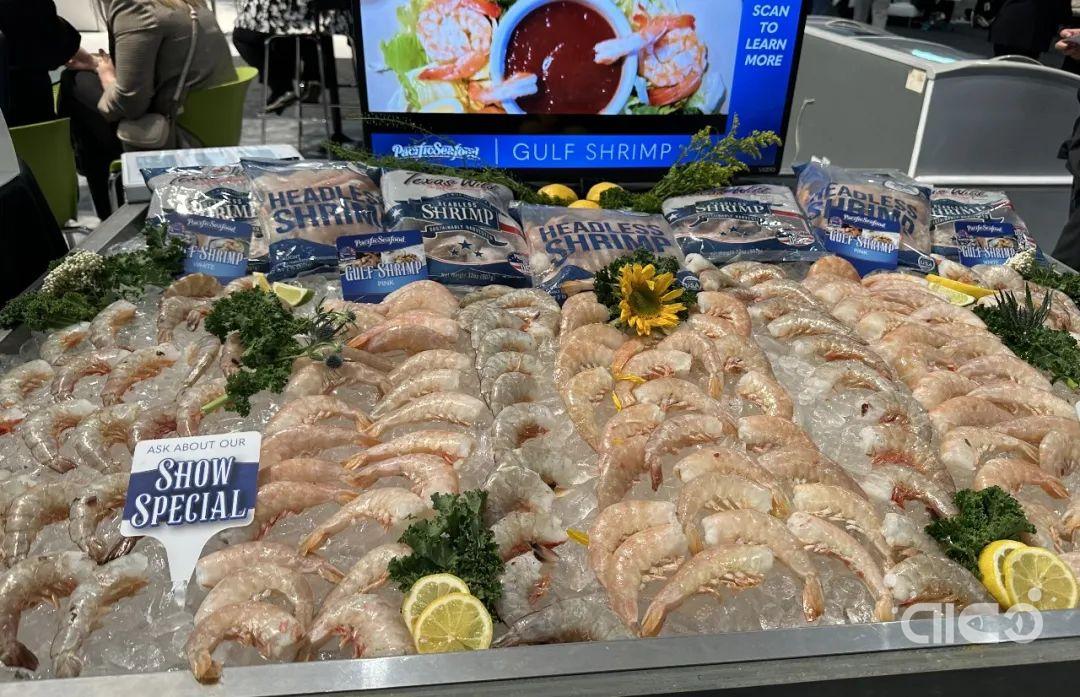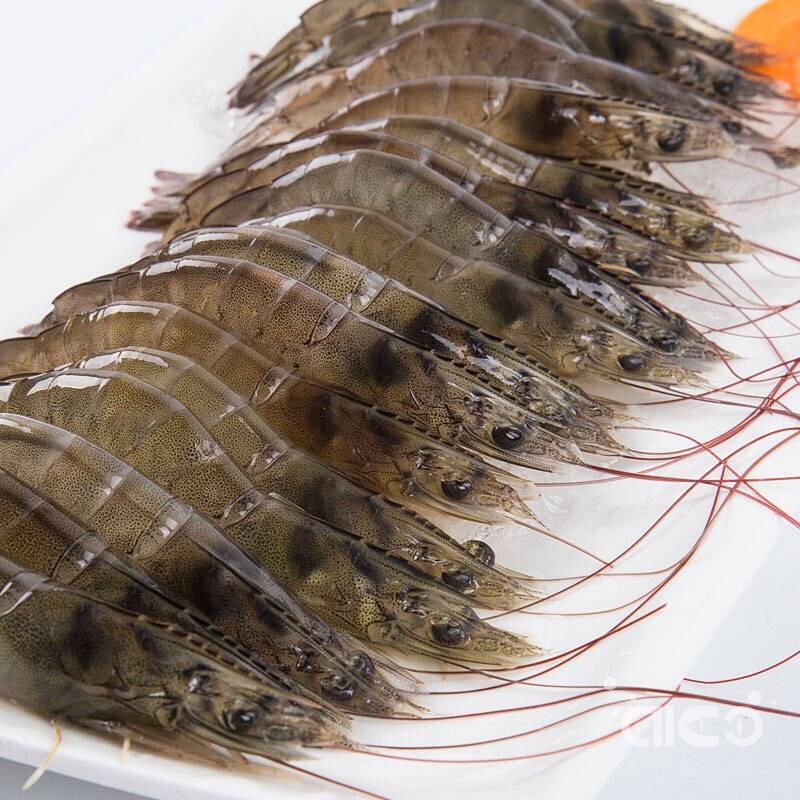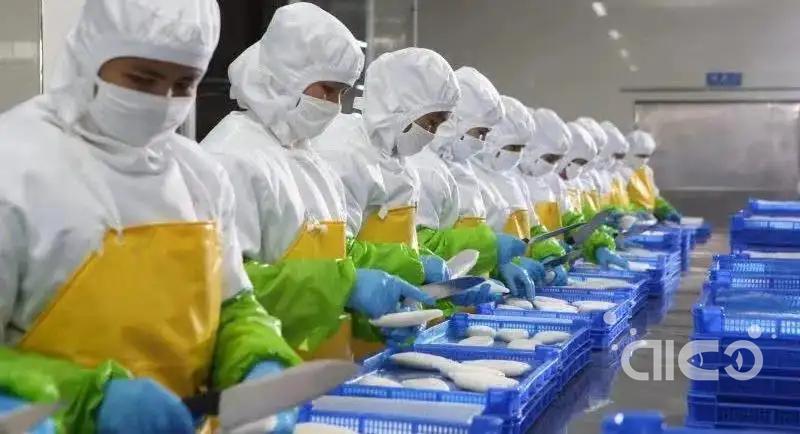Japan's squid catch falls to 60-year low as prices soar
Japan's squid supply fell by nearly 20% last year to only 150,000 tons, including domestic catches, imports and carry-over stocks. That's more than 50 percent less than the annual average of more than 300,000 tons since 2000, and 75% less than the 2000 supply of 667,000 tons.
According to data published by the National Union of Fisheries Cooperatives of Japan, the decline is mainly due to record low catches of Japanese squid, the main commercial species used in Japan for sashimi and dried products.Landings in 2023 fell by 20 percent to 13,348 tons, a 60-year low and the lowest level on record.
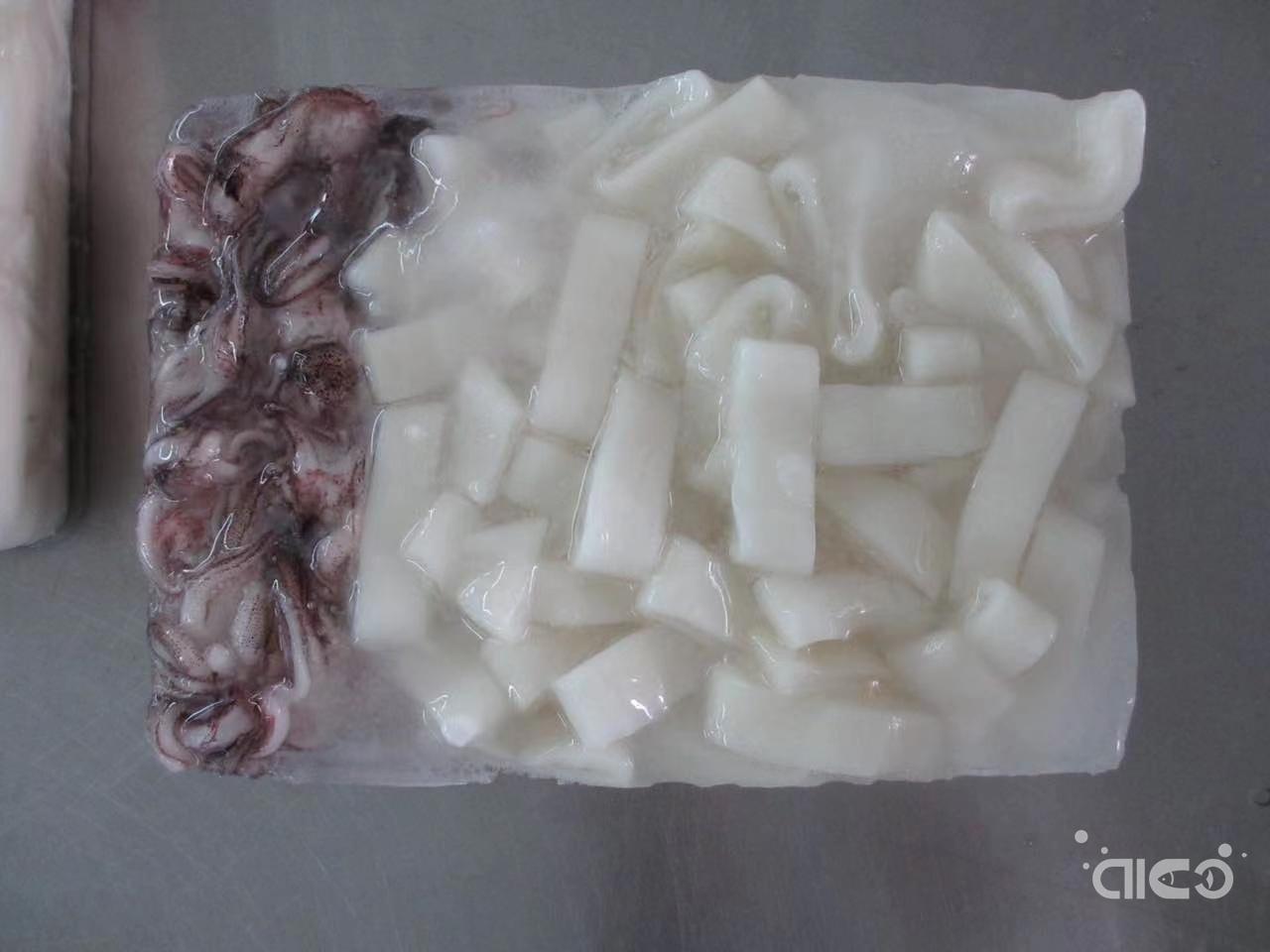
In particular, landings of fresh Japanese squid destined for the sashimi market fell by 35% to 1,550 tons in 2023, the lowest level on record since 1984. Frozen squid landings for processed products fell even more sharply by 60% to 1,780 tons.
Poor catches forced many vessels to end operations early. The shortage has led to a surge in Japanese squid prices, exacerbating the plight of processors in the face of high fuel and production costs. In 2023, the ex-vessel price of fresh Japanese squid soared by 22% to 931 yen per kilogram, while the frozen price soared by 51% to 1,633 yen per kilogram.
Wholesale prices for processed squid products also rose, with frozen squid prices peaking at ¥2,042 per kilogram in December 2023, up 72% year-on-year.
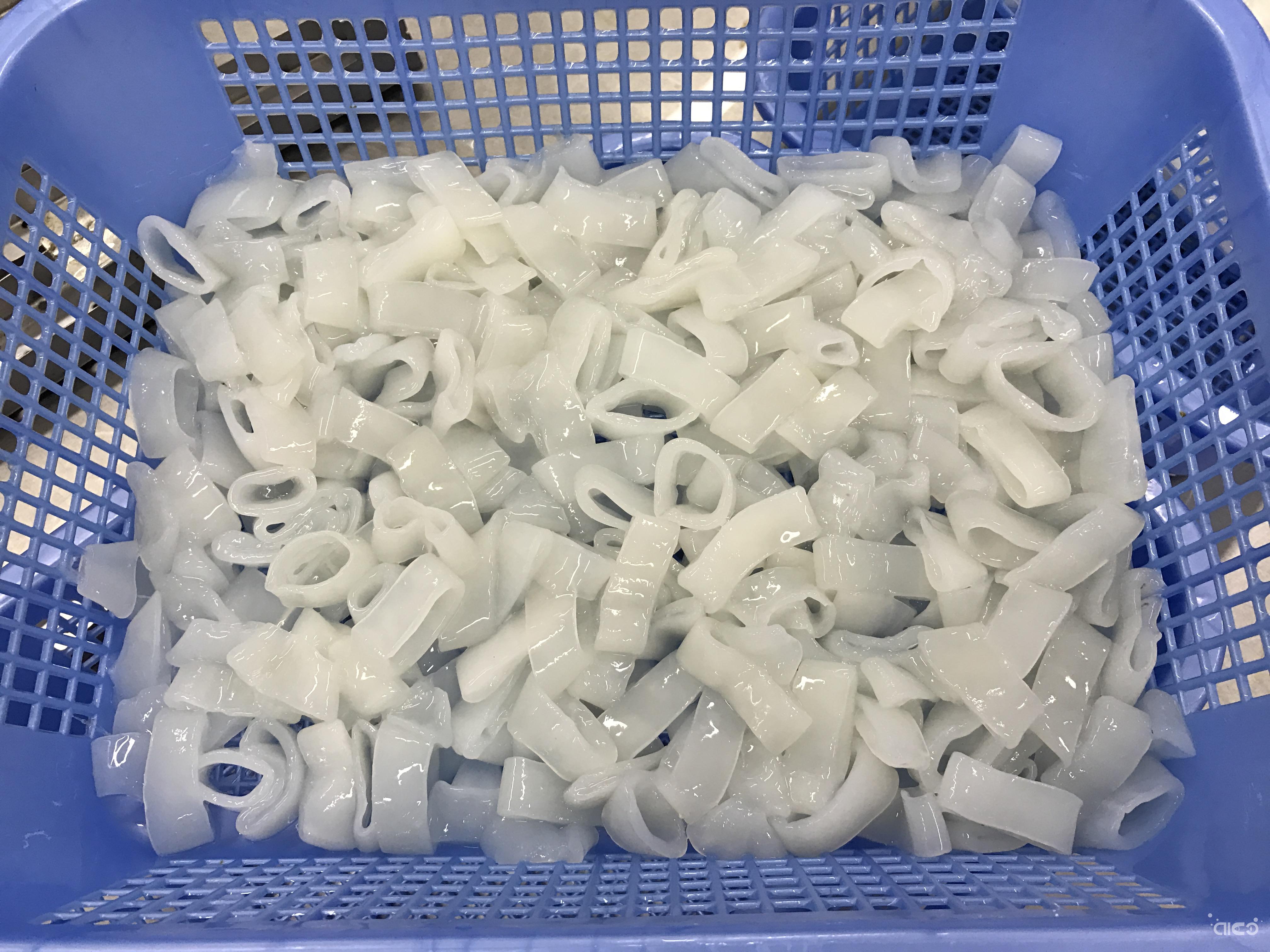
Imports failed to make up for this loss due to tighter quotas in 2023. Between January and November 2023, Japan imported 82,800 tons of frozen squid, a decline of 9%. Although the initial import quota for FY2022 is 99,950 tons (to be used in 2023), it is still below demand.
The Japan Fisheries Agency has proposed a quota of 114,950 tons for 2024, but it remains uncertain whether this will meet the growing demand for squid products. The National Squid Processing Cooperative Trade Organization said landings of squid in Japan are now only one-fifth of what they were in 2015.
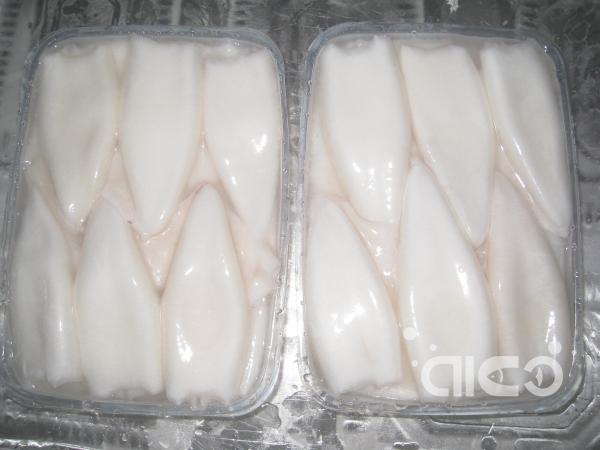
A spokesman said, "The drastic reduction in supply and the soaring prices of raw materials and other ingredients have had a huge impact on the nation's squid processors."
